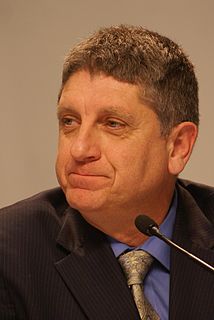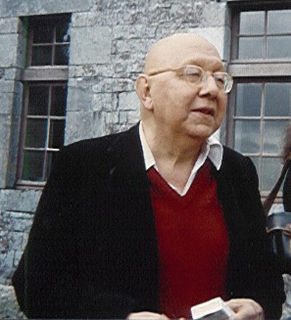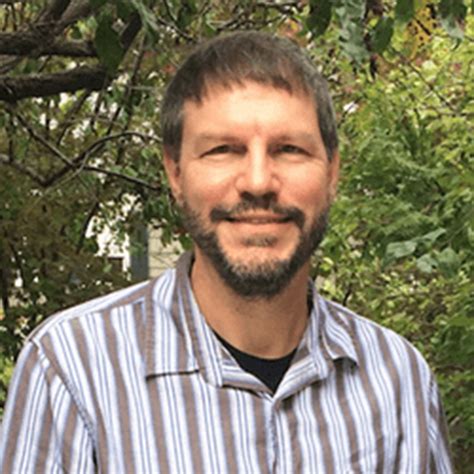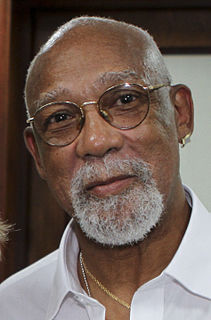A Quote by Neale Donald Walsch
Virtually all of the civil laws in all of the world's societies are based on what humanity, in the earliest days, believed to be God's Law.
Related Quotes
As an engineer, I understood that the natural world operated according to fixed laws. Through my studies, I came to realize that there were, likewise, laws that govern human wellbeing. It seemed to me that these laws are fundamental not only to the wellbeing of societies, but also to the miniature societies of organizations. Indeed, that is what we found when we began to apply these principles systematically at Koch Industries. Through our observation of how they could create prosperity in an organization, I began to systematize my beliefs into Market-Based Management.
When I used to teach civil procedure as a law professor, I would begin the year by telling my students that “civil procedure is the etiquette of ritualized battle.” The phrase, which did not originate with me, captured the point that peaceful, developed societies resolve disputes by law rather than by force.
When I used to teach civil procedure as a law professor, I would begin the year by telling my students that 'civil procedure is the etiquette of ritualized battle.' The phrase, which did not originate with me, captured the point that peaceful, developed societies resolve disputes by law rather than by force.
Everything is done by CONTRACT. It DOESN'T matter whether it's Civil or Criminal. There is NO LAW anymore because there is NO MONEY (Of substance) and since there is NO LAW and since there is NO MONEY everything is done by CONTRACT, it's AGREEMENT OF THE PARTIES. So remember, that theoretically anything that is done COMMERCIALLY in the CIVIL WORLD by any kind of “accounts”, its BASED ON A SIGNATURE.
While all societies make their own imaginaries (institutions, laws, traditions, beliefs and behaviors), autonomous societies are those that their members are aware of this fact, and explicitly self-institute (????-?????????). In contrast, the members of heteronomous societies attribute their imaginaries to some extra-social authority (i.e. God, ancestors, historical necessity)
There's a strong distinction to be made between dry code smart contacts and wet code's physical law. So law is based on our minds, our wetware - it's based on analogy. The law is more flexible; software is more rigid. Various laws tend to be batched in jurisdictional silos. Software tends to be independent.
For the religious, passivism [i.e., objects are obedient to the laws of nature] provides a clear role of God as the author of the laws of nature. If the laws of nature are God's commands for an essentially passive world ..., God also has the power to suspend the laws of nature, and so perform miracles.
[Before the Civil Rights Act of 1964], many governments in southern states forced people to segregate by race. Civil rights advocates fought to repeal these state laws, but failed. So they appealed to the federal government, which responded with the Civil Rights Act of 1964. But this federal law didn't simply repeal state laws compelling segregation. It also prohibited voluntary segregation. What had been mandatory became forbidden. Neither before nor after the Civil Rights Act were people free to make their own decisions about who they associated with.
































